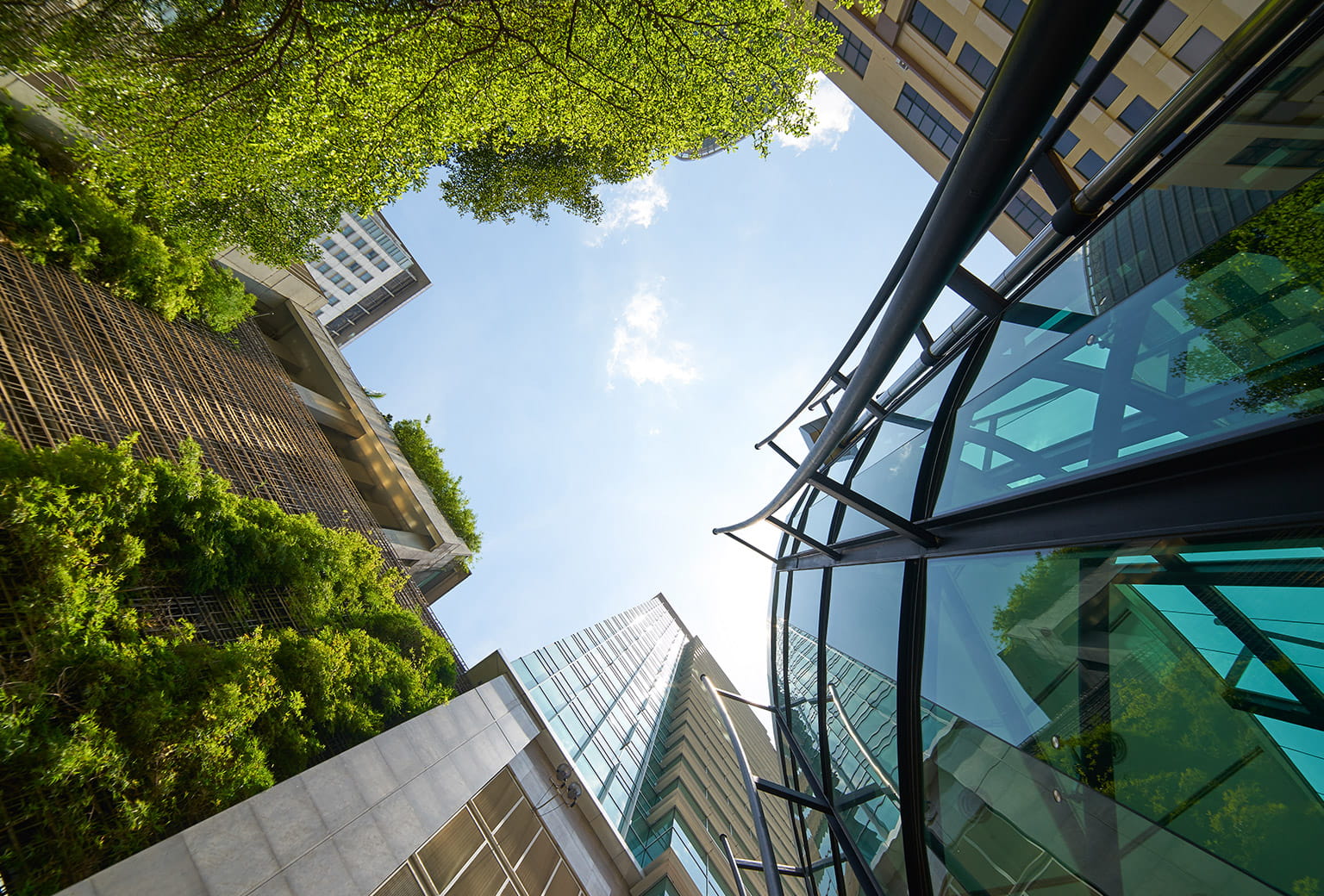Adopting green and sustainable features can play a crucial role in future-proofing offices and residential towers beyond the pandemic.
The COVID-19 situation has accelerated the adoption of sustainable office spaces and residential units and we see this trend complementing the recovery of the real estate market beyond 2022.
As part of occupier retention and attraction strategies, Colliers Philippines believes that existing landlords and developers should focus not only on wellness attributes, but also on green retrofitting activities. Green and sustainable homes meanwhile will also be the trend moving forward.
We see developers embracing green technology for their projects as the pandemic highlighted the need to be in a healthy space—a trend that will redefine residential demand within and outside Metro Manila.
Prioritizing wellness
Colliers believes that landlords should maximize wellness features of their buildings and prioritize wellness certifications such as LEED (Leadership in Energy and Environmental Design) and WELL building standards. LEED buildings will likely account for 37 percent of new office supply from 2021 to 2023.
Landlords should also be more discerning with design considerations (e.g. filtered air circulation, lower density ratios and high glass ratios for natural sunlight) and strengthen property management capabilities including sanitation (e.g. implementation of measures to avoid disease transmission) and emergency preparedness.
Overall, Colliers foresees a market that is due for an upgrade driven by shifting tenant profiles comprising mainly of the more discerning knowledge process outsourcing (KPO) firms, multinational corporations (MNCs) and traditional occupiers. Given this, the market moves from basic structures to more spacious, LEED certified buildings, with more energy efficient systems—consequently improving the overall experience of employees and visitors alike.
Seal of authenticity
In Colliers Philippines’ report entitled, “Is there a greener pasture in the Philippine real estate market?”, it was stated that the role of the real estate industry in supporting efforts to achieve the country’s nationally determined contributions (NDCs) to the Paris Agreement is critical as a driver for property development growth. The real estate industry directly supports opportunities in the economy and the environment.
Green building certifications became a seal of authenticity for end-users when it comes to green building practices. These widely accepted standards tend to be appreciated by middle and up-market Philippine and MNC occupiers.
LEED, BERDE, WELL and Excellence In Design and Greater Efficiencies (EDGE) are green building certifications widely used in the Philippines. These rating systems complement each other with unique criteria addressing a common goal—to support the Philippines’ commitment to reduce emissions by 70 percent by 2030.
Design strategies
The report noted that the immediate benefit of applying green building standards is to promote a safe environment; improve health and well-being; and begin addressing the environmental impacts of real estate development. Some of the design strategies are already being used in Metro Manila and can be easily rolled out nationwide. These include:
- Access to natural lighting which helps enhance productivity, increase visual acuity and support the body’s circadian rhythm;
- Access to clean indoor air that will help limit physical discomforts in the eyes, nose and throat;
- Proper interior acoustic planning that will reduce physiological distraction from internally generated noise and exterior noise intrusions;
- Improved thermal efficiency, enhancing comfort while reducing the use of airconditioning, therefore, decreasing utility cost;
- Low-flow fixtures that reduce water waste, therefore, reducing overall water demand; and
- Properly designed wayfinding and signage within the development that will promote active movement from one place to another.
Colliers believes that moving forward, there will likely be a heightened preference for sustainable buildings that provide natural lighting and optimize air quality, among other features.
Over the next three to five years, these features should result in utility and talent acquisition cost savings and contribute to a healthier and more productive workforce.
